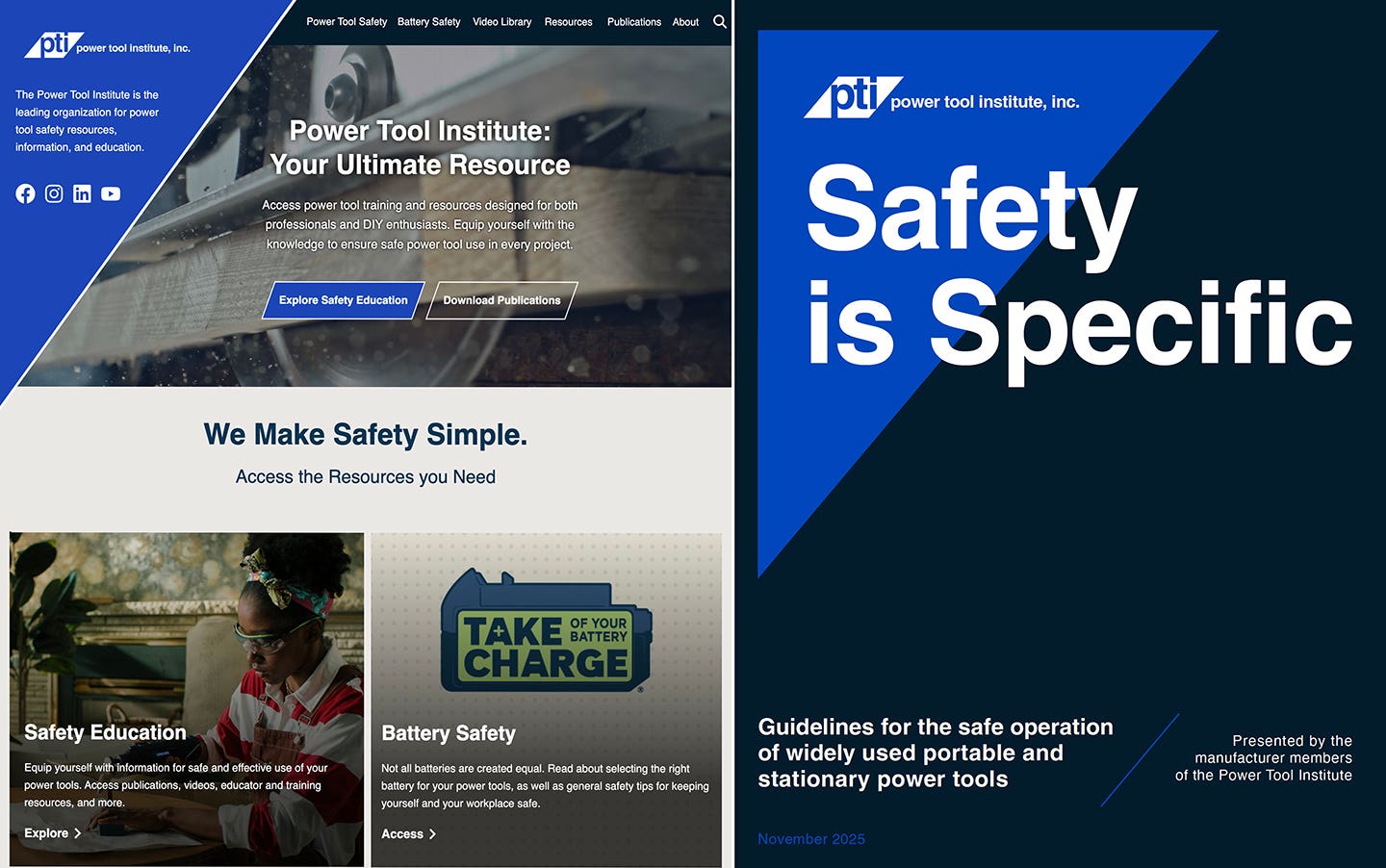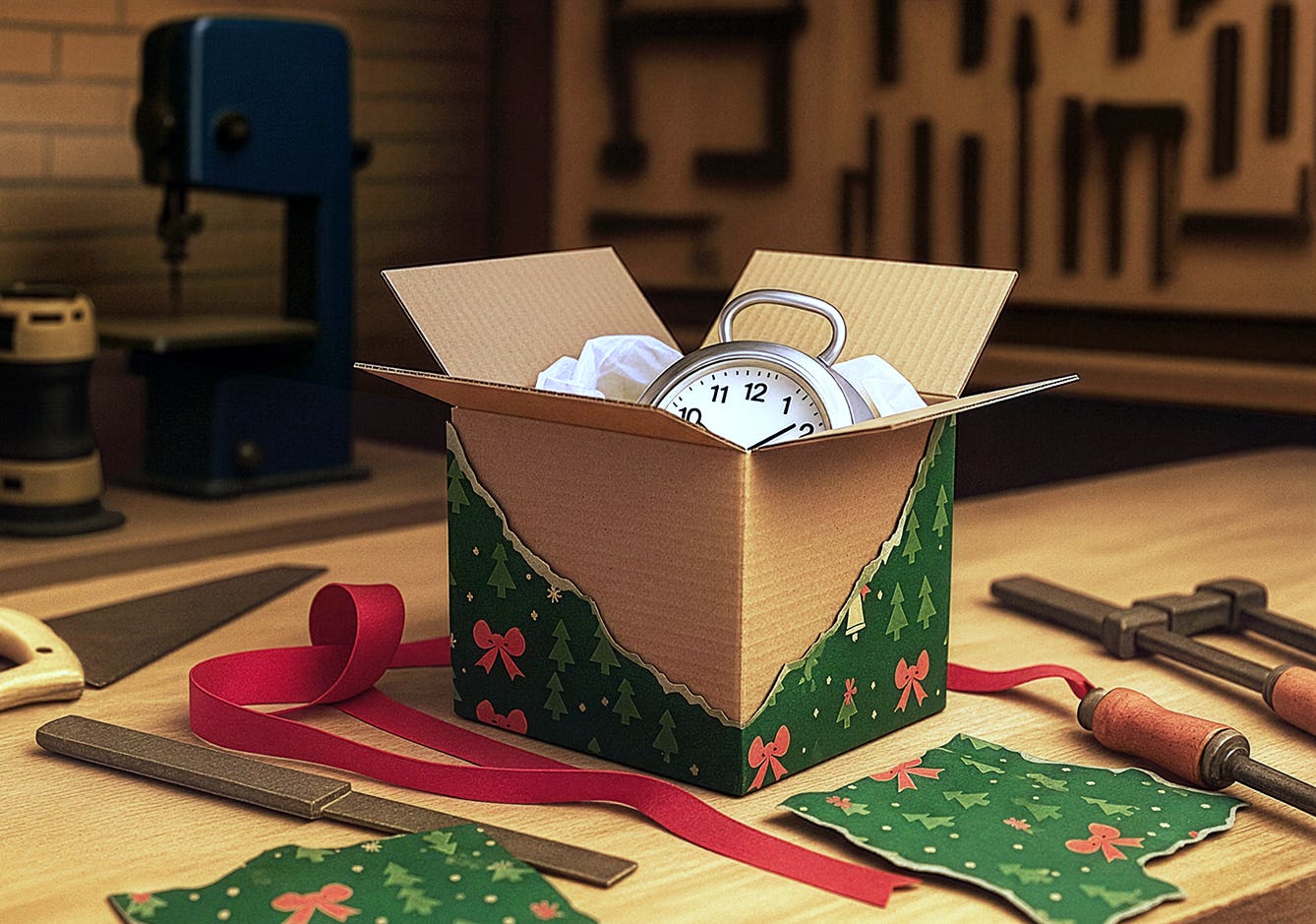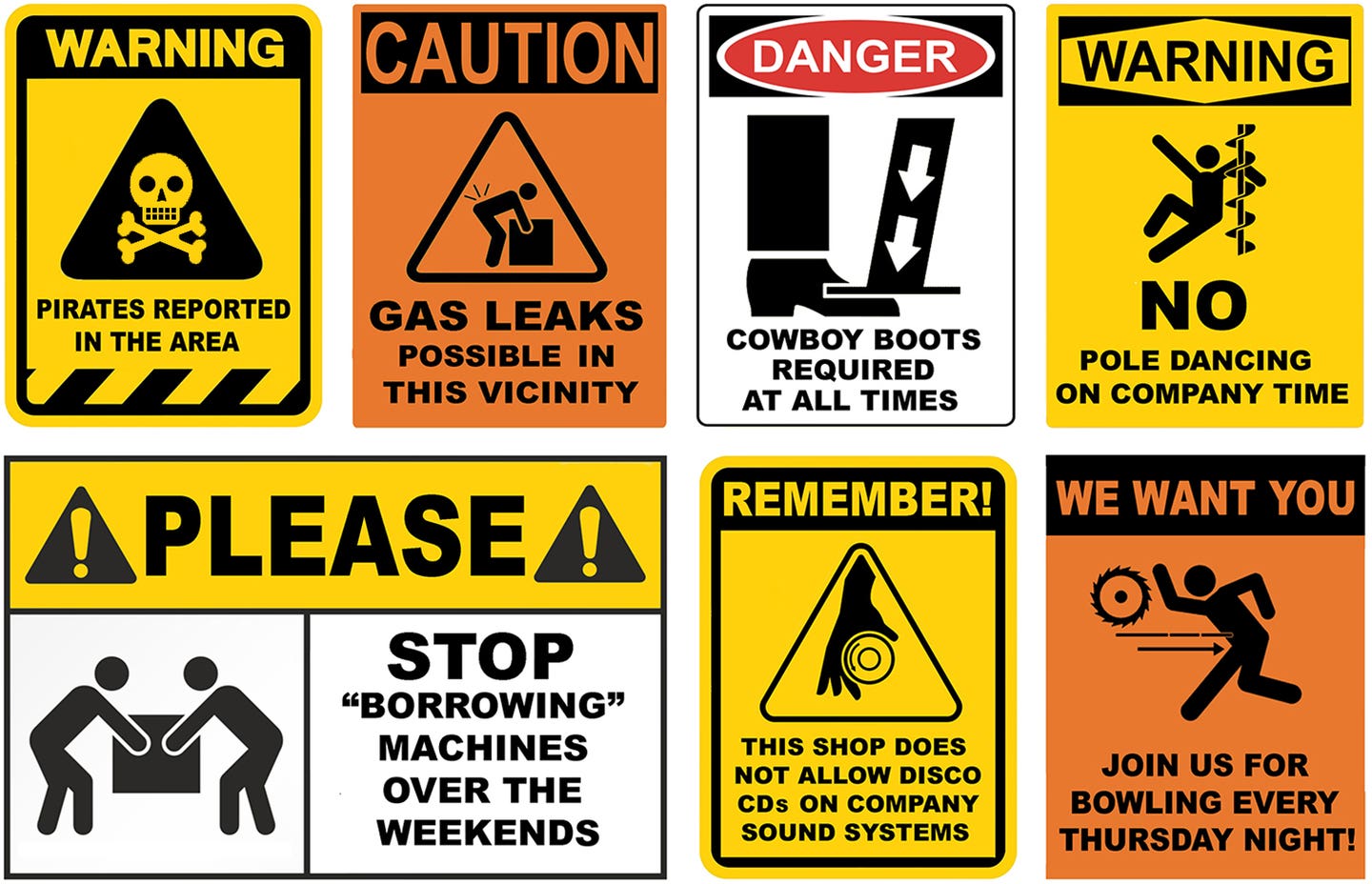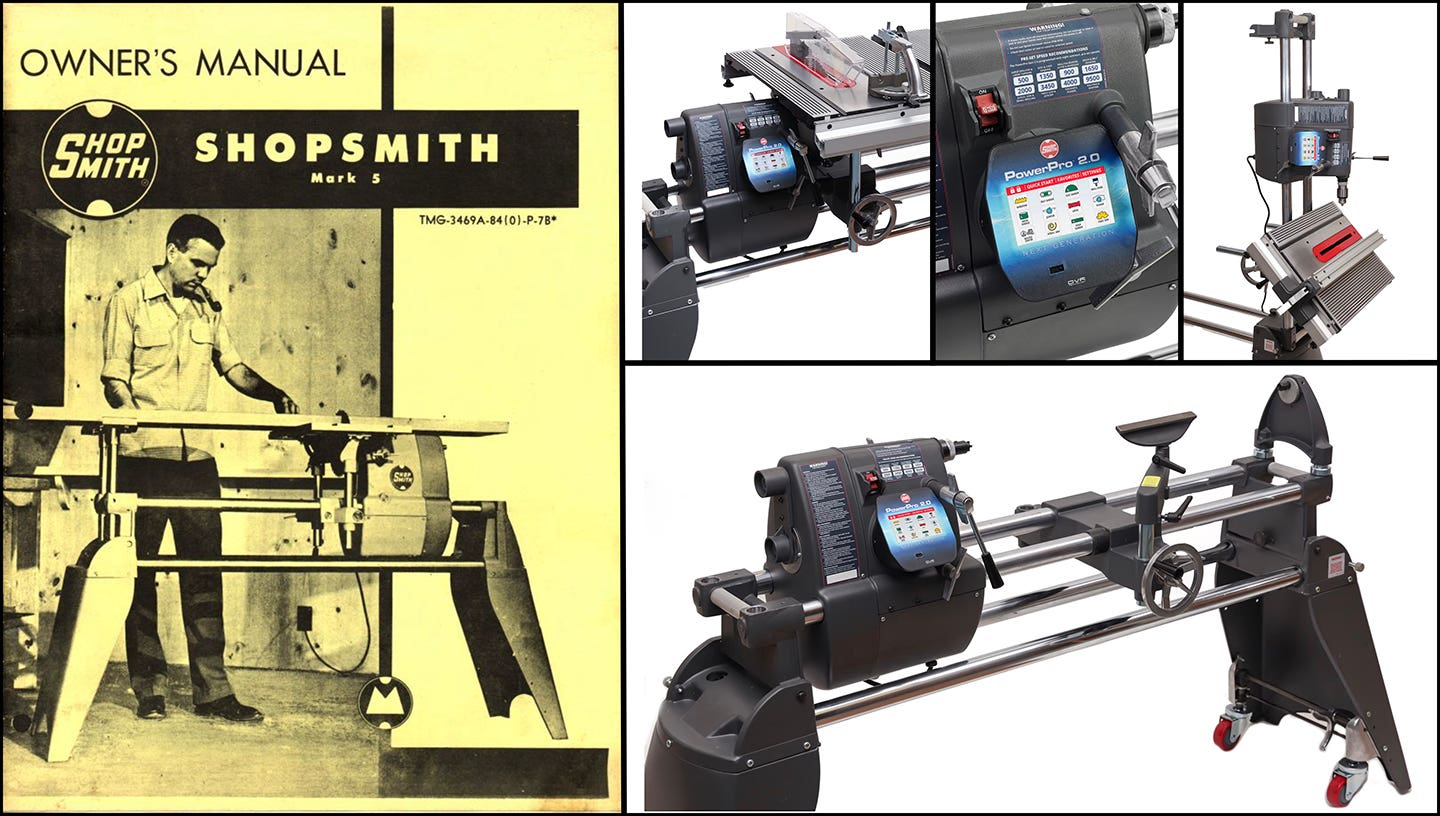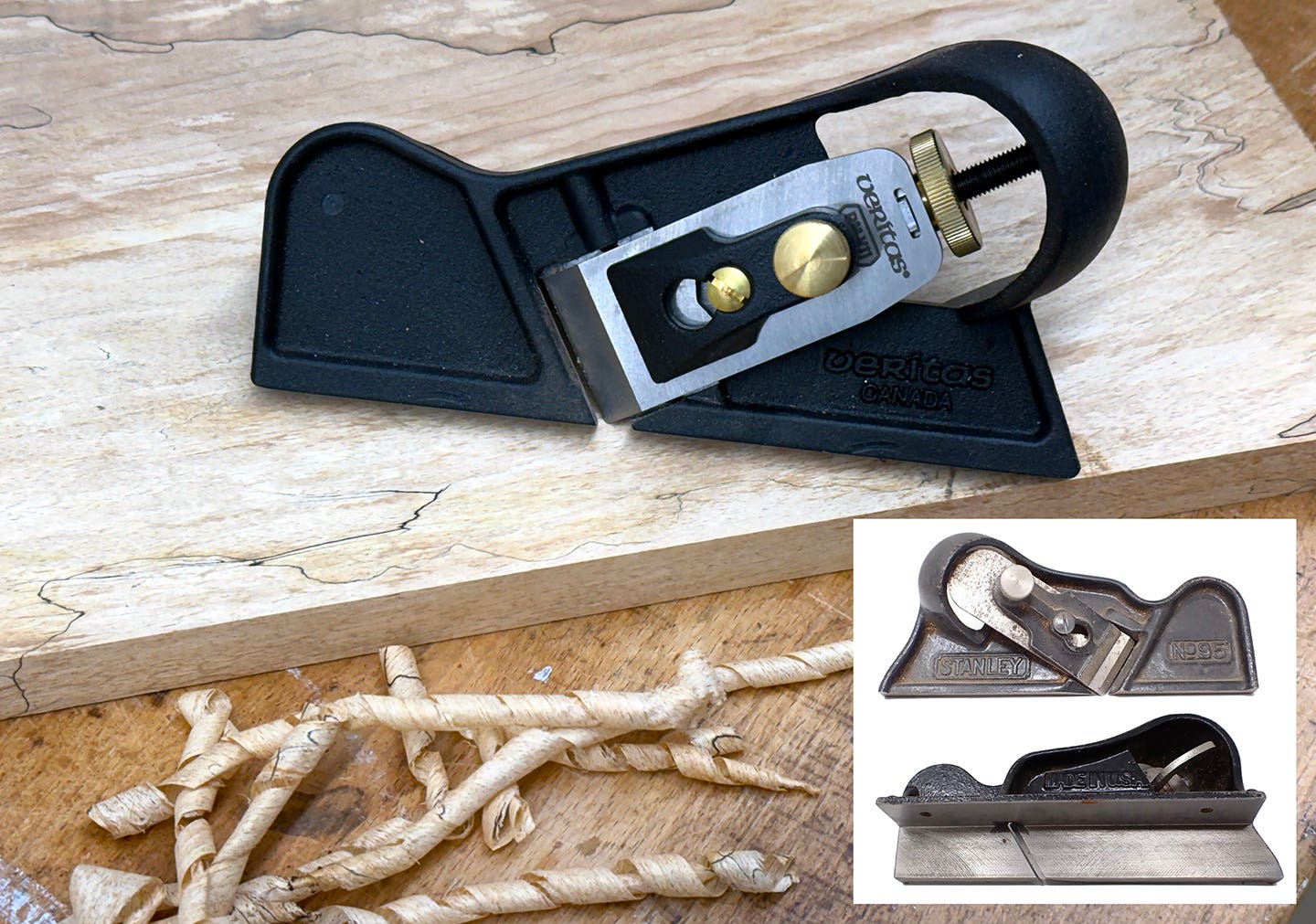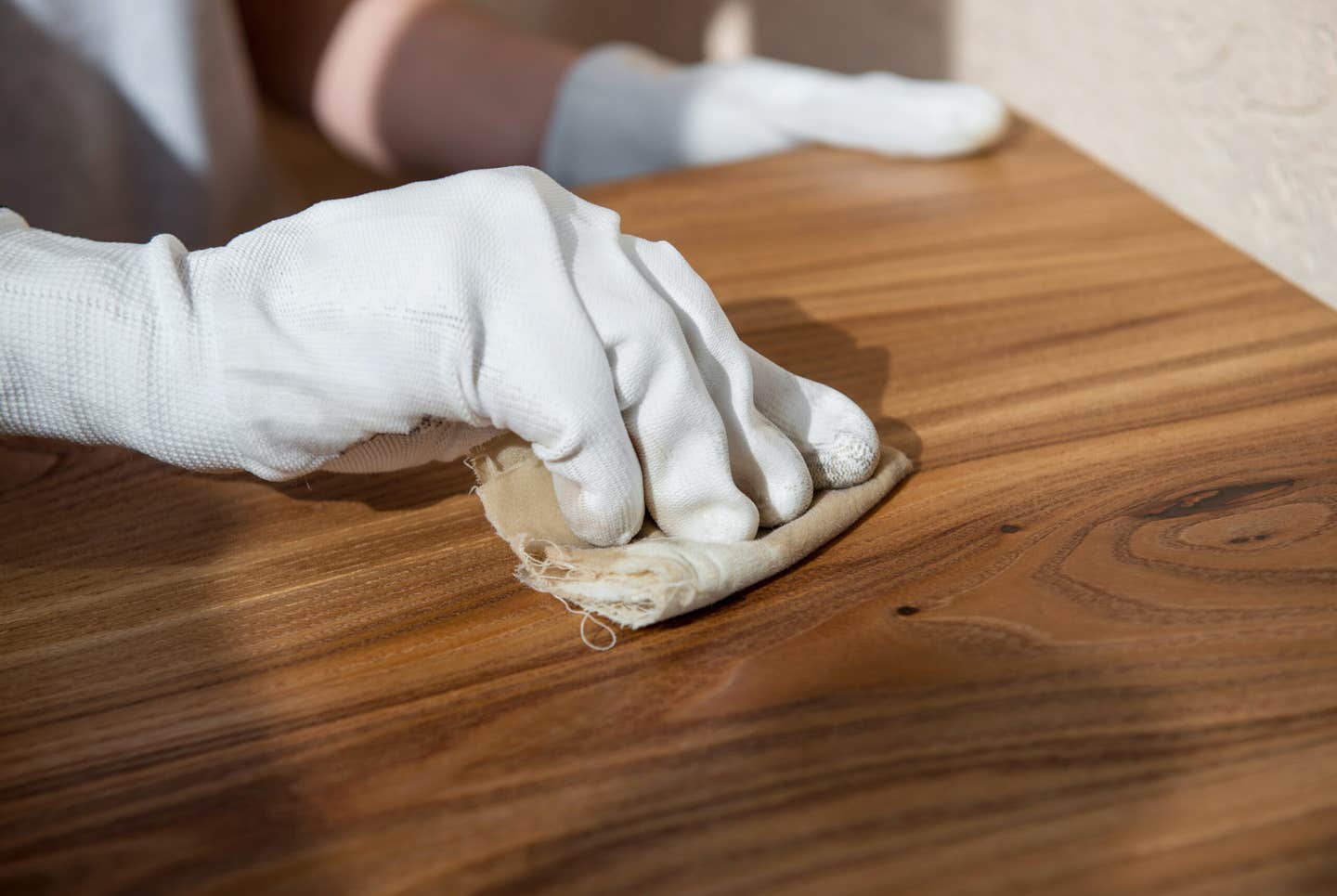Facebook can ultimately add customers
This free and easy tool can have much more potential as a marketing tool than any blog or e-mail newsletter {loadposition position10} Most of you know Facebook as the place…
This free and easy tool can have much more potential as a marketing tool than any blog or e-mail newsletter
{loadposition position10}
Most of you know Facebook as the place where people go to gossip, kibbutz and otherwise interact with friends. Increasingly, however, businesses large and small are using Facebook as a marketing tool to engage their "fans" with news about their company. And if you were to look on Facebook right now, you would find woodworkers, furniture makers and cabinet builders with pages devoted to keeping in touch with their clients.
Notice that I said pages, not profiles. Profiles, even though most people refer to them as "my Facebook page," are for individuals. Facebook pages are for "organizations, businesses, celebrities and bands" to broadcast information "to fans in an official, public manner," according to a description on Facebook's help page. And they are free. That's the main reason R. Bruce Abney of Santa Fe, N.M., and Longmont, Colo., also known as The Knotty Woodworker (theknottywoodworker.blogspot.com), started a Facebook page.
Intriguing demographics
Before we get into Abney's (and another woodworker's) experience with his page, let's first consider some new research about Facebook. According to a CNN report in October 2009, 23 percent of Facebook users have incomes over $100,000. A vice president at Nielsen Claritas says that Facebook is "off the charts in the upscale suburbs." O'Reilly Media reports that, between September 2008 and February 2009, Facebook users between the ages of 35 and 44 increased by 51 percent; between 45 and 54, the increase was 47 percent.
Facebook is skewing to the older and more affluent, the kind of customers most of you are looking for.
Still another benefit is that Facebook is familiar. Although a business page is not an individual profile, they have features in common that make your business page the same type of information hub as a profile. Your current customers can "fan" your page (become a fan) and read all about your latest projects, events and special promotions you are running just for fans of your page.
Art Drauglis of Washington, D.C. (www. adrauglis.com) has a Facebook page with 107 fans. He knows all but 17 of them personally, but half of these fans are people he has "had little or no contact with since college." He sees the value of a page as "another place to promote what I am doing at no cost and minimal effort." On a more tangible note, he attributes the sale of three shelf units to a friend who first saw them on Facebook.
Facebook pages are optimized for the category you select - most likely a business, unless you truly are a celebrity woodworker. In other words, a page in the business category "comes pre-installed with custom functionality," according to the Facebook help section. There are applications that help you showcase products or services and other applications for marketing. A band page, on the other hand, would come pre-installed with a music player, discography and tour dates. It should be noted that once you've chosen a page category, you can't change it unless you delete the whole page and start over again.
Viral marketing
Both woodworkers agree that their pages were easy to set up, especially Drauglis, whose wife's area of expertise is interactive marketing/social media. "It took her all of a few minutes," Drauglis says. And both men also agree that you should keep the page updated regularly. Abney does so when he has "a very unique product to display." Drauglis takes a slightly different approach and advises at least weekly posts. "They don't have to be brilliant or even relevant to woodworking," he claims.
Drauglis also has his page set up "to automatically update when something new is listed on Etsy or my blog." Etsy is a Web site that serves as a marketplace for handmade items, in the manner of an open craft fair. Both men also tried paid social ads through Facebook. They are designed to drive traffic to your page with the hope that some people will click the sign-up button and become a fan. Neither reports much success with this method, although both admit they only invested a small amount of money.
Facebook, of course, would like you to buy social ads to promote your page, but it also touts "organic promotion." This is where viral marketing comes in. The theory is that people will trust what their friends like. So when you go to a friend's profile and look at the pages they have "fanned," you think to yourself that you could be interested in what is on these pages as well. You then click on the icon and check out Abney or Drauglis and their latest woodworking creation and what other people are saying about the work.
But, most importantly, if one of the fans of your page posts something on the "wall" of your page, then all of her friends will be able to read what she has done in their "news feeds." Thus, potentially, one post on your page could be read on the news feeds of all 100 of her friends. And if all 40 of your fans posted on a fairly regular basis, then you could be reaching out to some 4,000 people, presumably with similar tastes and buying habits to your fans. Of course, like a chain letter, it doesn't always work the way you want.
The No. 1 piece of advice is to keep your page updated and interesting so that fans become engaged. It takes time. Your time.
Upping the ante
"Don't expect it to generate new sales, but keep an eye on your page, so you do not miss any opportunities," says Abney. "Use it as a free platform."
As for Drauglis, he reports that his "page 'works' in the sense that it is another place to promote" what he is doing for free.
Of course, these responses beg the question of: What would happen if you invested more time and money.
"As with any form of advertising, results are probably directly related to the financial investment you are able to make," says Abney.
Both woodworkers are right, but I believe that Facebook pages have much more potential as a marketing tool than a blog or e-mail newsletter. They are easier to maintain, since your posts don't have to be long. In fact, a photo of the item and short description is often enough to get the ball rolling. The trick is to get people talking.
In other words, a Facebook page will work well if you interact with it, too. As I noted before, it's a familiar format of chatting back and forth to millions of people. Use that to your advantage.
This article originally appeared in the April 2010 issue.


